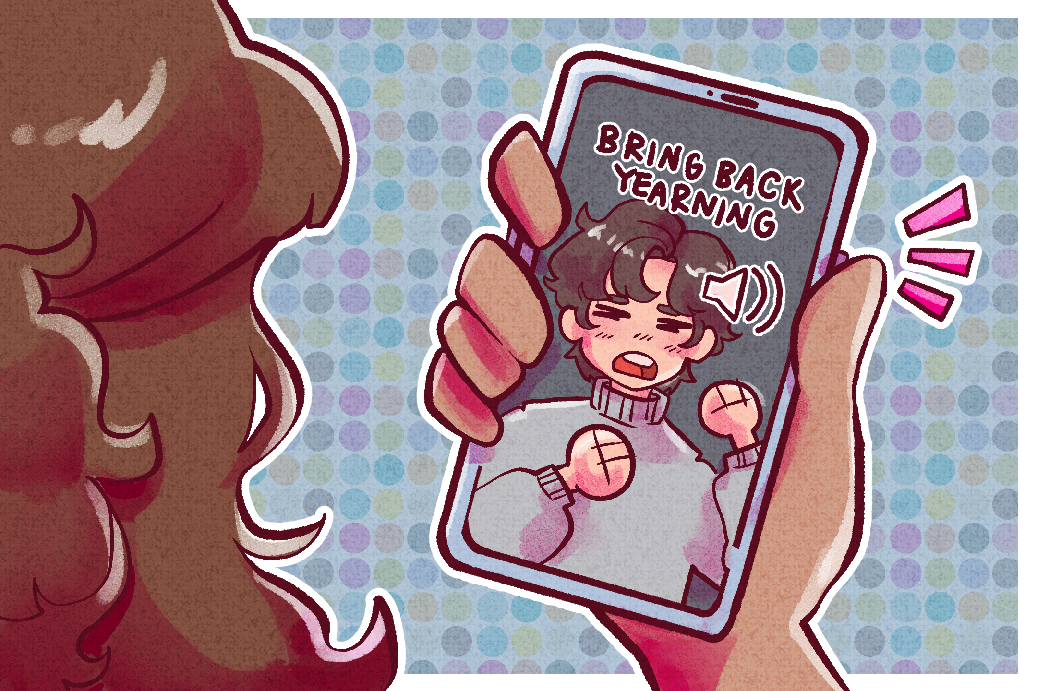A colleague once quipped, “We are all in sales, but no one told us that when we went through college.” Scottish writer Robert Louis Stevenson put it even more succinctly: “Everyone lives by selling something.”
We strive to convince others all the time. However, when we are selling, we just do not fess up to that. Many professionals do not focus on continually improving their convincing skills. As a result, they lose the joy of selling, become frustrated when they go through the process and their careers are stymied.
One of my early experiences in selling happened when I was on the soccer team at the University during my undergraduate years. The team was not varsity at the time, so the club continually looked for ways to raise money and augment what the University gave us. One time a decision was made to sell caramel apples on the Main Quad, where the foot traffic was high.
I was not fond of that decision, thinking, who would buy caramel apples there? But I went along with the decision. Teammates took turns at the booth, and we ended up selling a lot of apples — much to my surprise. In fact, it was so much fun selling those apples that I was rushing between classes to be at the booth. It was a tremendous joy.
Out of that experience, I learned some takeaways that over the years have helped me in my professional career. Remember, we are all in sales.
Get The Daily Illini in your inbox!
1. What your preference for a product or service is may not be what the market values. I didn’t think caramel apples would sell because I wouldn’t buy them. The market thought otherwise.
2. We put a high price tag on the apples we sold. Warren Buffett said, “Price is what you pay; value is what you get.” We were successful because we were able to convince buyers of the value of what we sold them. For effective sales, always focus on value exchange.
3. There are three possibilities for a participant in a sales campaign — even in the context of a larger business strategy and execution. Agree and commit, disagree and commit, get out of the way. There is no fourth option. When we were selling caramel apples, I disagreed with what was proposed, but I fully committed to the execution of the plan.
4. Ignore the old adage that “there is a sucker born every minute.” Treat customers with the respect they deserve. For those to whom I sold caramel apples, I went out of my way to appreciate their support of our soccer team and thanked them profusely. Others who were looking on then became eager buyers.
5. Stop when the selling is completed. This is a common mistake. Some people continue with the pitch even though the other party has agreed. I sold apples one at a time, but once the vending was done, I moved on without annoying the customer that just bought our offering.
Selling is not an art; it is a craft that can be learned. As an undergraduate in the Grainger College of Engineering, I did not particularly possess sales skills. But I did not miss any opportunity to learn, to see what works and what doesn’t. The listening skill of a good salesperson is as important as communicating well, oral and written.
A common misconception is that commissions are the sole motivator for people in sales — only partially true. Intangible rewards, like having fun and a thirst for success, also contribute immeasurably. With the right mix of attitude, motivation and perseverance, sales can not only be rewarding, but also exuberant.
“Simplicity is the ultimate sophistication,” said Leonardo da Vinci. To make a sales plan effective, simplify the strategy and let the sales team have fun executing it.
Want to send a letter to The Daily Illini? Submit a letter through this form. Note that we reserve the right to edit for AP style formatting or reject any contributions.








